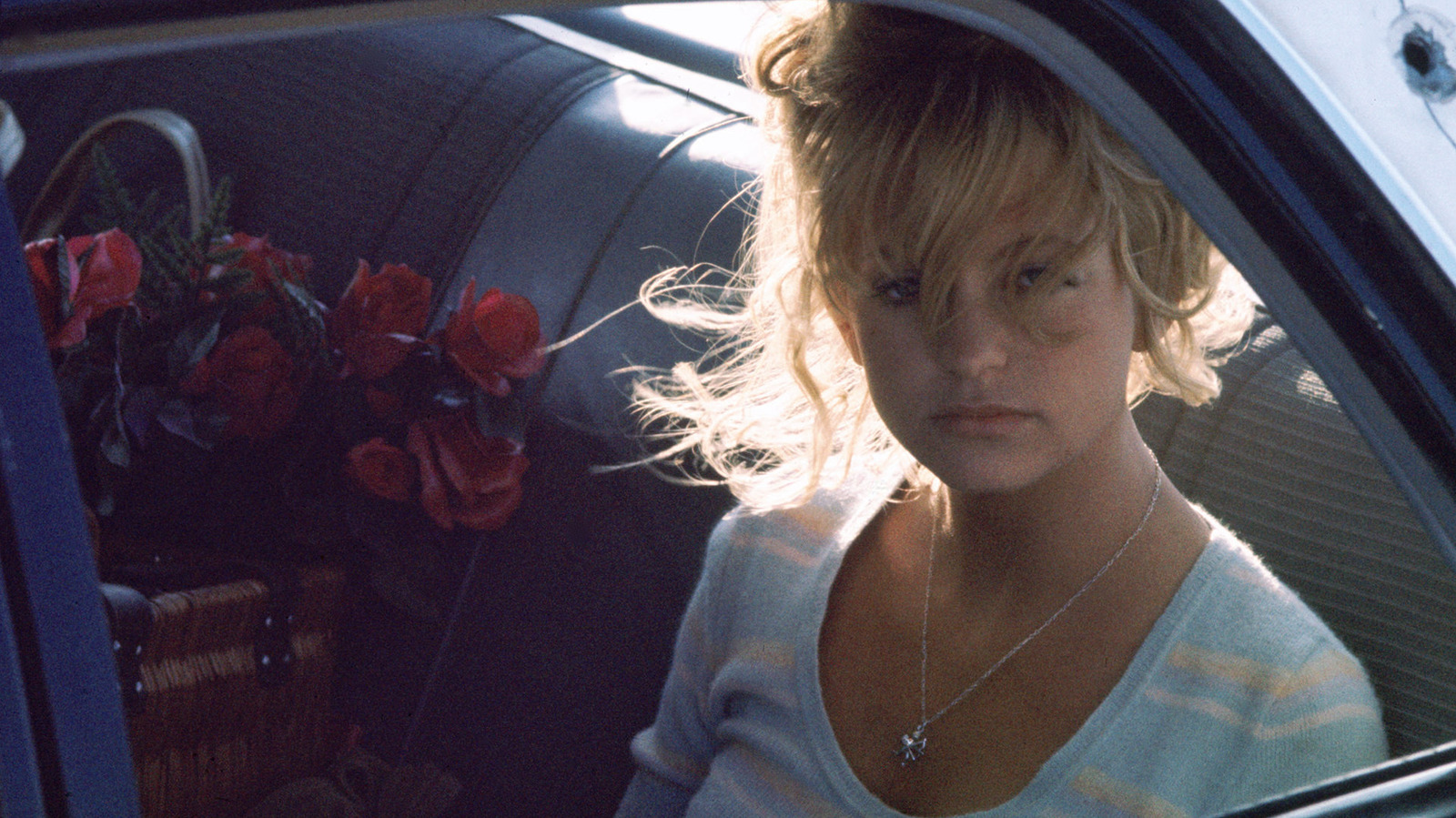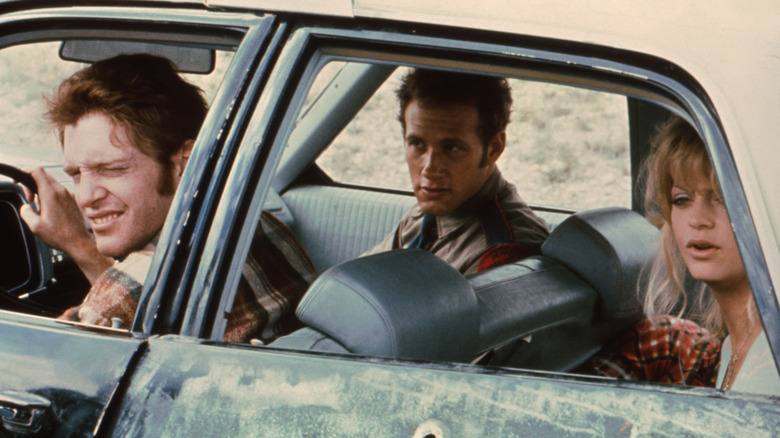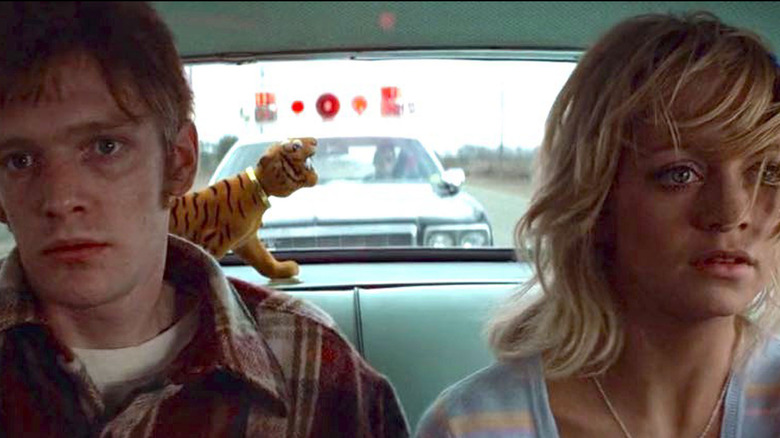institute the summer blockbuster but was instrumental in making genre films become just as prevalent and prestigious as melodramas or period pieces. Williams has been a key figure in getting music composed for the screen to break away from its marriage to the moving image and become desirable to listen to on its own. His pivot from jazz-based scores and Broadway-style arrangements to lush, heavily thematic, symphonic music made the score soundtrack album just as viable as a pop source cue soundtrack, and transformed the bulk of music for films into something that can and should stand on its own in addition to supporting the movie that it’s for. Without these two artists, the landscape of music and movies over the last 50 years would look so different that it’d be almost unrecognizable.
Yet their first project together couldn’t have been more unassuming. Rather than a massive musical shot across the bow like “Jaws” or “Close Encounters of the Third Kind” would be, Spielberg and Williams’ first collaboration was for 1974’s “The Sugarland Express,” a film that looks positively quaint by comparison. Yet despite the lack of killer sharks, extraterrestrials, a world war, or a historical figure, “The Sugarland Express” is still undeniably the work of both men, and one that remains underrated a little over half a century later. Of course, if either artist hadn’t enjoyed working with one another on the film, we may never have discovered the riches they were to produce later. Fortunately, Spielberg and Williams’ work on “Sugarland” was not only fruitful but also set the pace for a legendary run of films and film music to follow.



